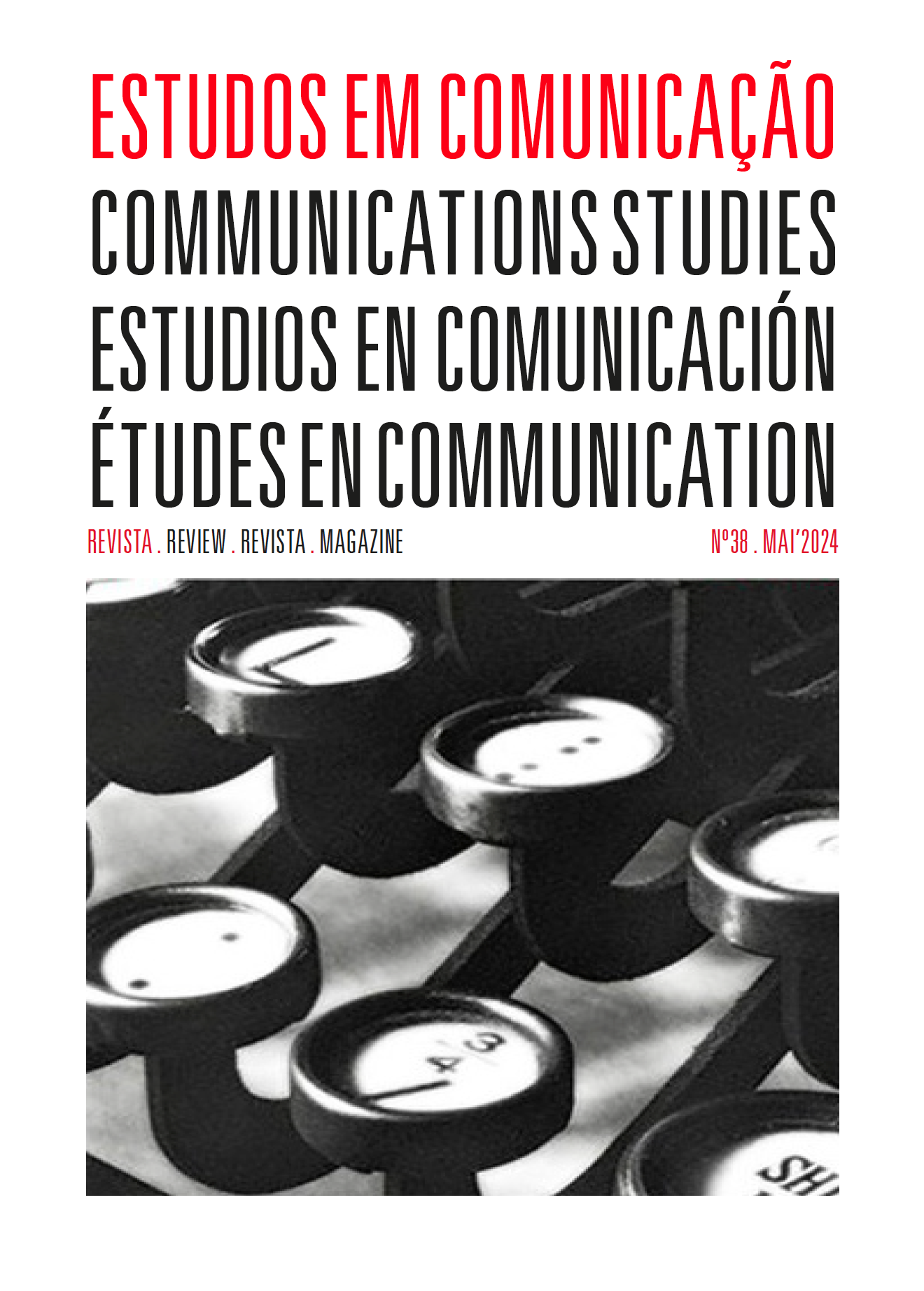Misinformation and villainization: fake news targeting religious audiences in the brazilian elections of 2022
Abstract
This text presents the results of an investigation into fake news specifically tailored for religious audiences in the context of the Brazilian presidential elections of 2022. Drawing upon contemporary theoretical discussions on misinformation (Correia, 2019; Gomes, Dourado, 2019), materials identified as fake news by the Bereia Collective and Agência Lupa during the electoral period, focusing on topics sensitive to religious audiences, were selected. These publications were analyzed using three pre-established categories: villain, victim, and hero. The study aimed to identify predominant themes and those most adversely affected by the fake news. The results indicate a prevalence of content harmful to left-wing sectors, consequently favoring former President Jair Bolsonaro. Additionally, it was observed that the "villain" category significantly outnumbered the "hero" category, reinforcing the presence of a political disqualification process, leading us to propose villainization as a potential characteristic of fake news.
Downloads
Published
Issue
Section
License

This work is licensed under a Creative Commons Attribution-NonCommercial-NoDerivatives 3.0 Unported License.
Estudos em Comunicação/Communication Studies is an Open Access journal. All its content is freely available without charge to the user or his institution. Users are allowed to read, download, copy, distribute, print, search, or link to the full texts of the articles in this journal without asking prior permission from the publisher or the author. Estudos em Comunicação, by Labcom, is licensed under a Creative Commons Atribuição-NãoComercial-SemDerivações 3.0 Unported License. By submitting your work to Estudos em Comunicação/Communication studies you confirm you are the author and own the copyright, that the content is original and previously unpublished, and that you agree to the licensing terms.


